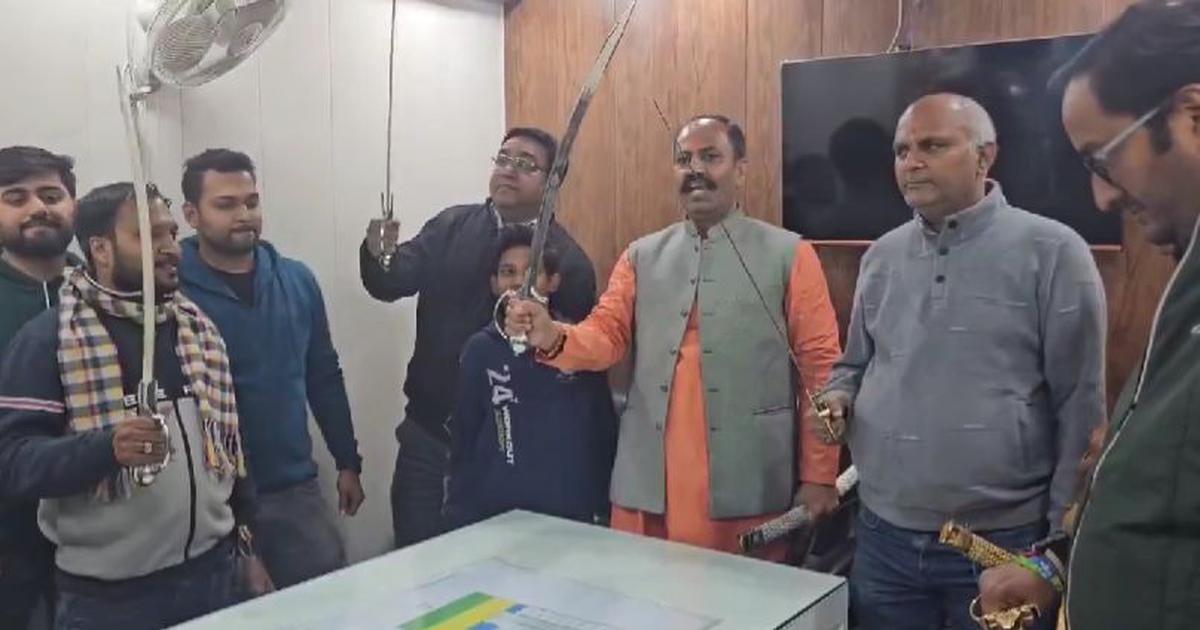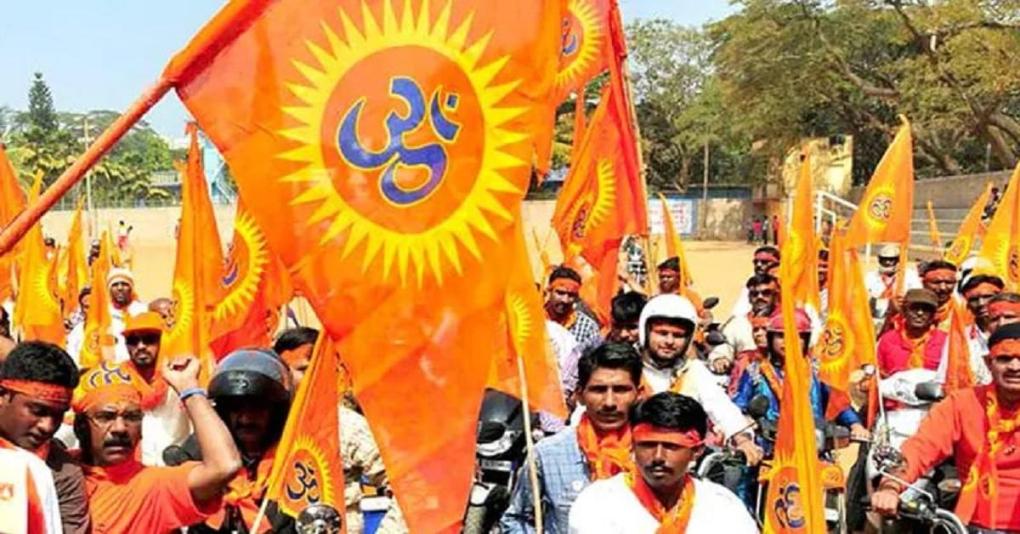
By
It is a pertinent question to ask why the police in Uttarakhand were mute spectators in a hate crime targeting Indian Muslims that was held in Haridwar for three days from 17 to 19 December.
To say that no complaint was lodged is an absolutely lame excuse, with a capital L. The police are meant to work independently and proactively. They do not wait for things to burst at the seams on social media.
Having spent half my life serving in the police force, I can tell you that the police work on advanced intelligence, pre-emptive action, and proactive efforts. Starting from the police station to the district headquarters and the state headquarters, policing is designed to function on actionable intelligence.
Police stations are equipped with resources and logs aimed at preventing crimes of a communal nature: the communal information register, the communal goonda register, the communal agitators register, the crime register, and the intelligence register. Then, there are representatives of both the state intelligence and the central intelligence who monitor all such communal activities and give feedback. The question is whether you want to use them.
The Uttarakhand Police chose not to and must be held accountable. Why were they silent and supine for three days of the event? Why did they only spring into action when it became impossible to ignore? Contrary to the police following outrage on social media, would it not be better for the public to trust the police.
Not only was there a failure to anticipate or act on any advanced intelligence, what action has been taken by the police to ensure such a crime does not occur again?
If communal harmony is being disrupted by any organization, it not only has to be nipped in the bud but crushed in the bud.
Naming one person in the FIR is not enough. There seems to be a reluctance to name all those who made hate speeches. It is also important to note that it is not for the public to come forward with the names, knowing the might of some hate mongers. Impunity and lack of public accountability only embolden those bent on destroying the communal harmony of the country.
Under these circumstances, the law in all its might must come down like a ton of bricks.
The FIR invokes Section 153(A) of the Indian Penal Code — Promoting enmity between different groups on grounds of religion, race, place of birth, residence, language, etc — punishable with up to five years in prison and/or a fine — but that should be only one consequence. To begin with, with actionable intelligence that it should have had, the police should have invoked Section 151 of the Criminal Procedure Code (CrPC), preventive arrest. There is also Section 295A of the IPC — Deliberate and malicious acts, intended to outrage religious feelings of any class by insulting its religion or religious beliefs.
In addition to the IPC, the Uttarakhand Police should have invoked the National Security Act, disruption of public order, in light of the severe and chilling nature of the crime.
There was a time when events of such a grave nature occurred, the police lodged a complaint suo moto, and pursued the case with the utmost vigour, getting all the evidence, incorporating all the relevant provisions, into the FIR so that it became a cast iron First Information Report that stood the scrutiny of law.
Instead, the Uttarakhand Police took the stand of the three proverbial monkeys — they did not see anything, hear anything, and chose to speak only when confronted by journalists. This behaviour is unbecoming to the uniform of a police officer.
This story first appeared on indiaaheadnews.com






